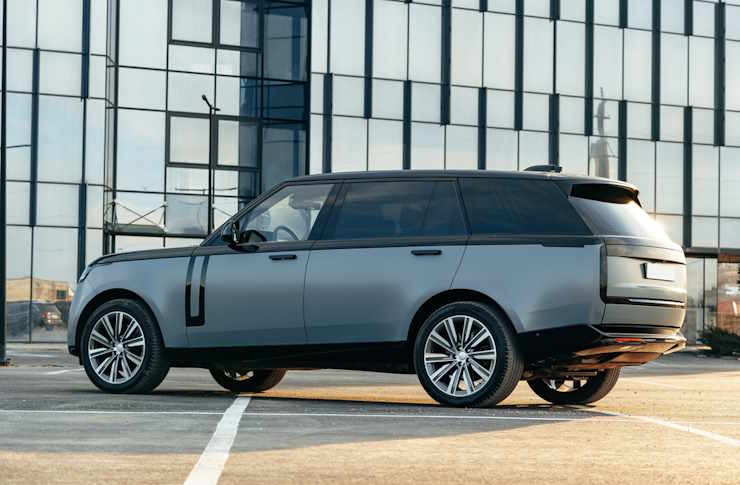Mastering the Art of Engine Tuning: A Deep Dive into Modern Techniques
Introduction: In today's automotive world, engine tuning has ventured far beyond the simple carburetor adjustments of yesteryear. Modern vehicles, with their intricate network of electronics and sensors, offer a whole new playing field for tuning enthusiasts. But what exactly does modern engine tuning entail, and what benefits can it offer? Let's dive in.

Unmasking Engine Tuning: A Brief History
Engine tuning, in essence, is the process of adjusting and modifying an engine’s system to achieve optimal performance. Historically, tuning was a hands-on, mechanical process, often involving the tweaking of carburetors, ignition timing, and fuel delivery systems. However, with the advent of electronic fuel injection and engine control units (ECUs) in the 1980s, the landscape of engine tuning underwent a significant shift. These technological advancements allowed for more precise control over engine parameters, opening up a new world of tuning possibilities.
The Dawn of ECU Tuning: A Technological Leap Forward
With the introduction of ECUs, engine tuning entered the digital age. ECUs are essentially the brain of a modern vehicle, controlling a wide range of parameters such as fuel injection, ignition timing, and throttle response. By reprogramming or ‘flashing’ the ECU, tuners can adjust these parameters to improve the vehicle’s performance.
One of the most significant advantages of ECU tuning is its non-invasive nature. Unlike traditional mechanical tuning, which often requires substantial modifications to the engine itself, ECU tuning can be performed without physically altering the engine. This approach not only reduces the risk of mechanical damage but also allows for easier reversibility should the need arise.
The Challenges of Modern Tuning: Navigating the Digital Terrain
Despite its many benefits, modern ECU tuning is not without its challenges. One of the most significant hurdles is the increasing complexity of modern ECUs. As vehicle technology continues to advance, ECUs are becoming more sophisticated, making them more difficult to tune effectively.
Moreover, manufacturers often encrypt their ECUs to prevent unauthorized access, adding an additional layer of complexity. Overcoming these barriers requires a thorough understanding of electronic systems and a high degree of technical expertise.
Harnessing the Power of ECU Tuning: Practical Applications
In the right hands, ECU tuning can unlock a vehicle’s hidden potential. Whether the goal is to improve fuel efficiency, increase horsepower, or enhance throttle response, ECU tuning offers a wide range of tuning possibilities.
Moreover, with the rise of aftermarket tuning software, even everyday drivers can now tap into the benefits of ECU tuning. These user-friendly programs allow individuals to tune their own vehicles, providing a cost-effective alternative to professional tuning services.
The Future of Engine Tuning: A Glimpse into What Lies Ahead
As automotive technology continues to evolve, so too will the field of engine tuning. With the continued development of electric and hybrid vehicles, tuners will need to adapt their techniques to accommodate these new powertrains. Meanwhile, the rise of autonomous vehicles may usher in a whole new era of tuning possibilities, as tuners begin to focus not only on performance but also on optimizing comfort and ride quality.
In conclusion, the world of engine tuning is a dynamic and ever-evolving field. From its mechanical roots to the digital revolution, tuning has remained at the forefront of automotive innovation, pushing the boundaries of what vehicles can achieve. As we look to the future, it’s clear that this exciting journey is far from over.




